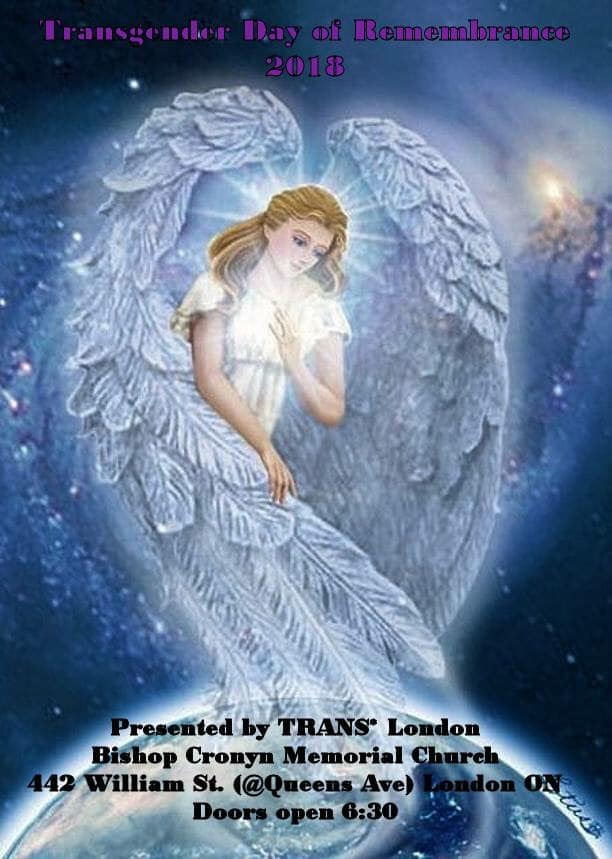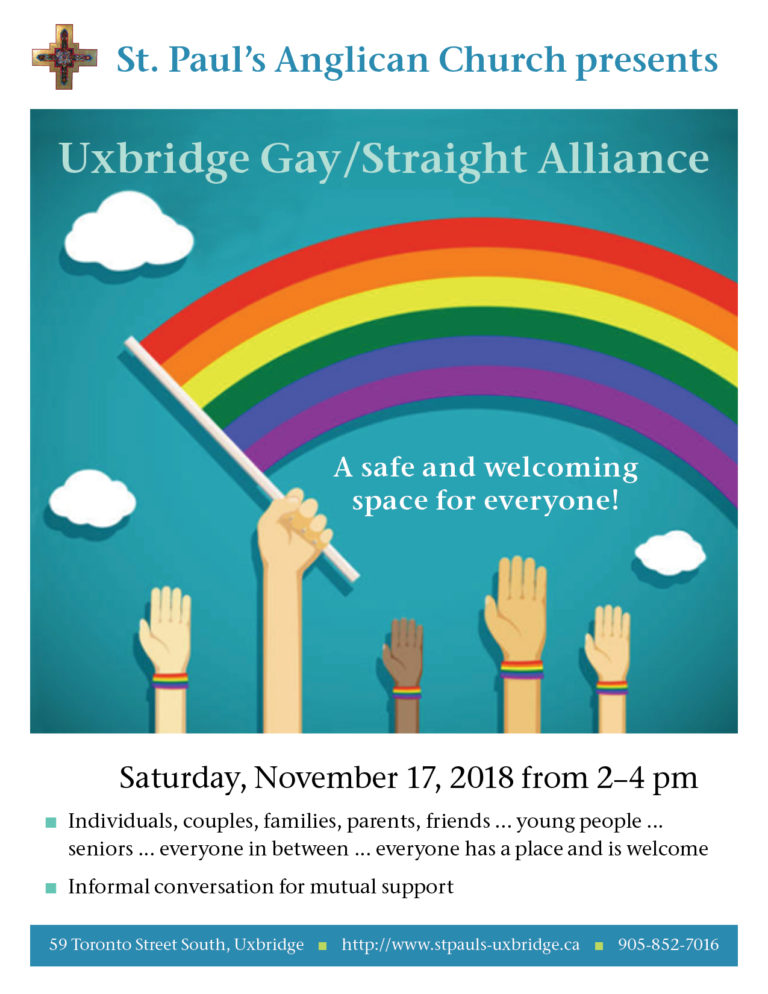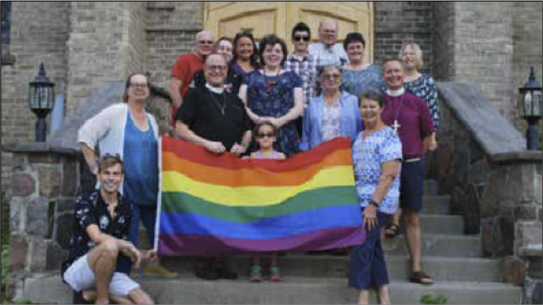From here:
On this Trans Day of Remembrance, as Bishops of the Diocese of Toronto, we wish to acknowledge the dignity and inherent worth of all people, including every transgender person, and our opposition to all prejudice, discrimination, or actions that deny the full personhood of any individual based on their gender identity.
Trans people are valued and beloved members of our Church, as clergy and lay leaders, as members of our congregations, as people we serve and by whom we are served.
Now if the bishops would only acknowledge “the dignity and inherent worth of all people” including those still in the womb, their statement might be worth something. As it is, all the bishops are doing is sailing effortlessly along on the tide of our cultural foibles and expecting to be congratulated for it.
Looking on the bright side, since God is no longer Father and, hence, must be transgender, fae must finally feel at home as a “valued and beloved member[s] of our Church.”


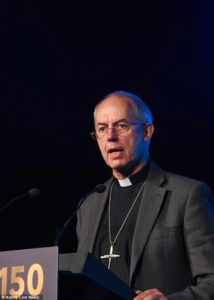 God should not be referred to using a gender because ‘our father’ was not male or female, according to the Archbishop of Canterbury.
God should not be referred to using a gender because ‘our father’ was not male or female, according to the Archbishop of Canterbury.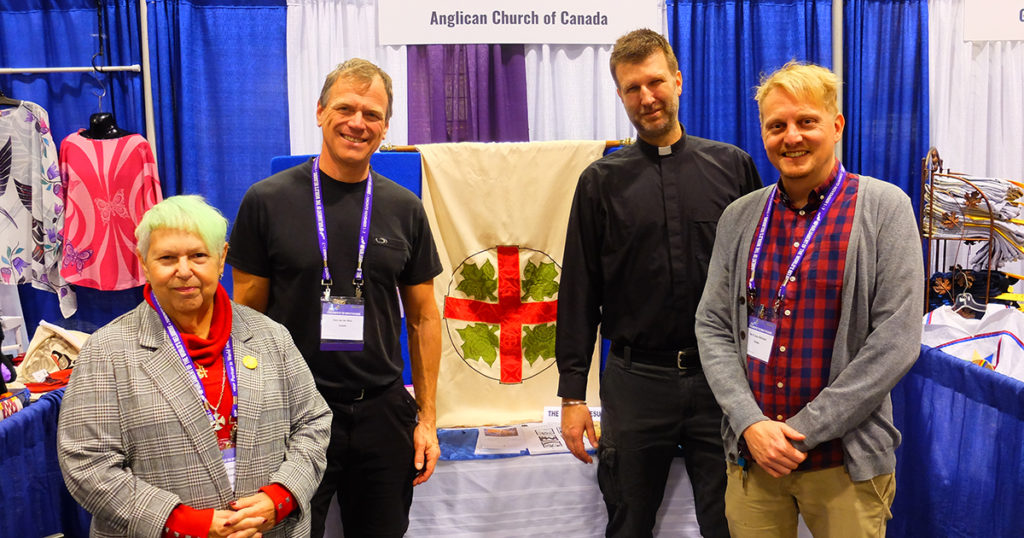 The largest and oldest interfaith gathering in the world, this year’s parliament took place from Nov. 1-7 at the Metro Toronto Convention Centre. The Toronto-based event brought together an estimated 10,000 people from 80 countries, spanning more than 200 different religions, faiths, and belief systems, for a week of programs, discussions, and interactive experiences.
The largest and oldest interfaith gathering in the world, this year’s parliament took place from Nov. 1-7 at the Metro Toronto Convention Centre. The Toronto-based event brought together an estimated 10,000 people from 80 countries, spanning more than 200 different religions, faiths, and belief systems, for a week of programs, discussions, and interactive experiences.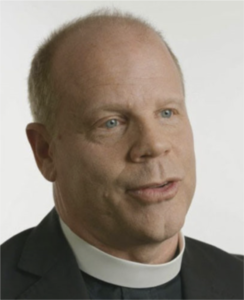 Bishops report on Marriage Canon Dialogue conversations
Bishops report on Marriage Canon Dialogue conversations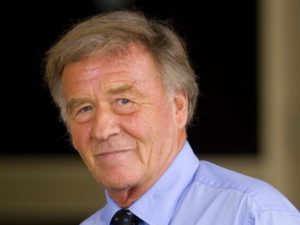 Disgraced ex-cleric David Norton’s legal troubles appear to go way beyond the criminal courts.
Disgraced ex-cleric David Norton’s legal troubles appear to go way beyond the criminal courts.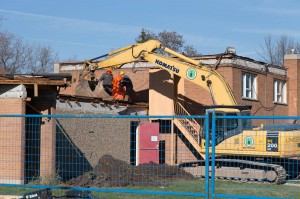 I think I am also beginning to see a general loosening of our love affair with bricks and mortar: The property we own as a Diocese is a strategic asset, it’s true. But perhaps not in the ways we used to think about it. The fact is, churches have life cycles. They were and are planted according to key demographics, they have a beginning to their life, a middle and an end. The truth is, very few churches live for a century and fewer still live to see two – unless it is this venerable and beautiful cathedral that we are meeting in today. Parishes and church buildings are meant to spring up where the mission fields are. And when it is very clear that they have come to the end of their life cycle it is incumbent on us – the stewards of those resources – to redeploy those assets as needed for a new mission field – as intended by their founders: Christians who gave money to the church to be the church.
I think I am also beginning to see a general loosening of our love affair with bricks and mortar: The property we own as a Diocese is a strategic asset, it’s true. But perhaps not in the ways we used to think about it. The fact is, churches have life cycles. They were and are planted according to key demographics, they have a beginning to their life, a middle and an end. The truth is, very few churches live for a century and fewer still live to see two – unless it is this venerable and beautiful cathedral that we are meeting in today. Parishes and church buildings are meant to spring up where the mission fields are. And when it is very clear that they have come to the end of their life cycle it is incumbent on us – the stewards of those resources – to redeploy those assets as needed for a new mission field – as intended by their founders: Christians who gave money to the church to be the church.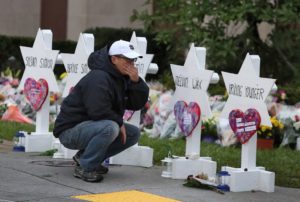 The Anglican Journal has
The Anglican Journal has 